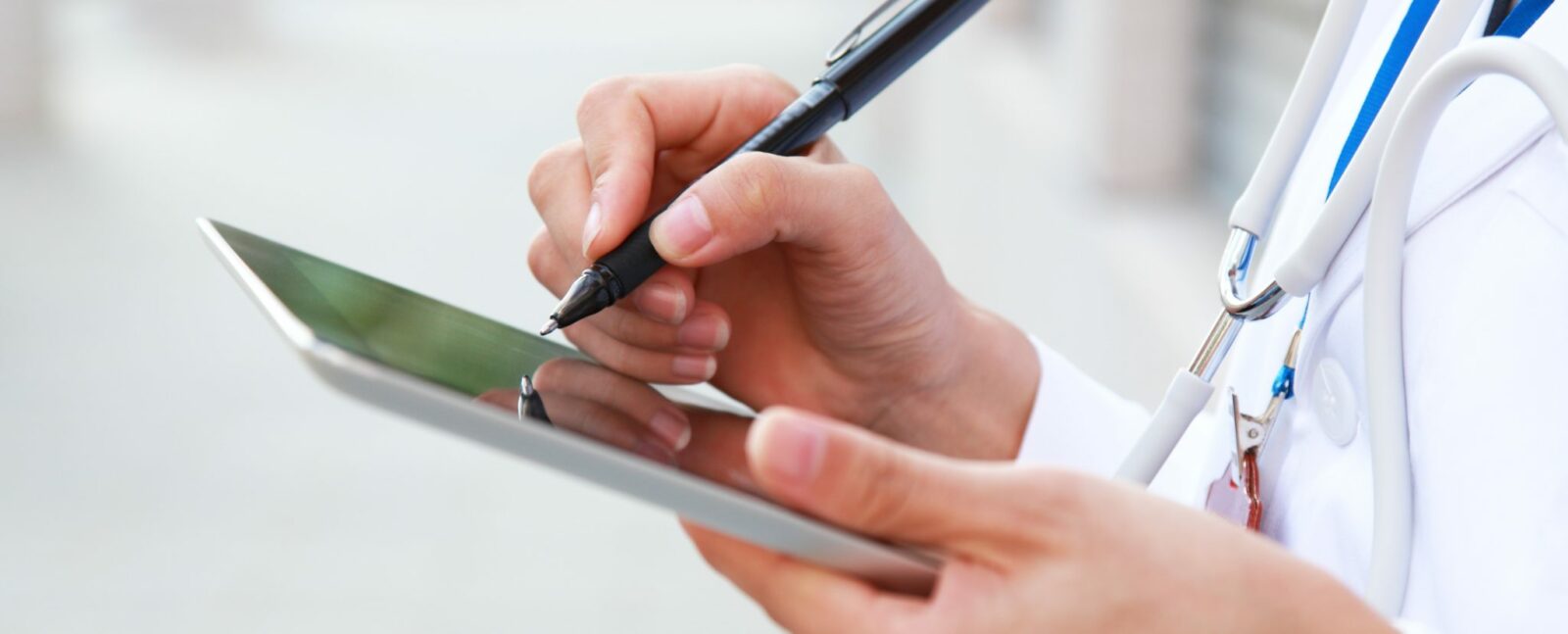Billing for Professional Telehealth Services During the Public Health Emergency

Updated May 20, 2020: On April 3, 2020, the Centers for Medicare and Medicaid Services (CMS) released an MLN Connects special edition titled ‘COVID-19: Telehealth Billing Correction’. This publication discussed professional payment rates for providers performing telehealth services during the Public Health Emergency (PHE).
To mitigate the risk of the spread of the COVID-19 virus, CMS will now allow clinicians to provide more than 80 additional services via Telehealth, including:
- Emergency Department Visits, Levels 1-5
- Initial and Subsequent Observation and Observation Discharge Day Management
- Initial Hospital Care and Hospital Discharge Day Management
- Initial Nursing Facility Visits, All Levels (Low, Moderate, and High Complexity) and Nursing Facility Discharge Day Management
- Critical Care Services
- Domiciliary, Rest Home, or Custodial Care Services, New and Established Patients
- Home Visits, New and Established Patient, All Levels
- Inpatient Neonatal and Pediatric Critical Care, Initial and Subsequent
- Initial and Continuing Intensive Care Services
- Care Planning for Patients with Cognitive Impairment
- Psychological and Neuropsychological Testing
- Therapy Services, Physical and Occupational Therapy, All Levels
- Radiation Treatment Management Services
- Licensed Clinical Social Worker Services, Clinical Psychologist Services, Physical Therapy Services, Occupational Therapist Services, and Speech Language Pathology Services Can be Paid for as Medicare Telehealth Services
CMS has recognized the difference in providing traditional telehealth services versus services provided through telehealth in the context of the PHE for the COVID-19 pandemic. CMS also recognizes that the relative resource costs of services furnished through telehealth should be reflected in the professional payment as if the service was furnished in person, and to assign the payment rate that ordinarily would have been paid under the physician fee schedule.
This change is effective March 1, 2020, and means, for example, if providers bill an office visit under Place of Service 11 and use modifier 95, they will be paid the higher non-facility rate, not the facility rate in which the Place of Service code 02 for traditional telehealth services has historically been paid at. Based on the National Unadjusted Physician Fee Schedule for CPT 99213, the difference is payment would be approximately $23 higher.
For provider-based practices that bill an office visit under Place of Service Code 19 and use modifier 95, providers will be paid at the facility rate, which is equal to the facility rate at which the Place of Service code 02 for traditional telehealth services is currently paid.
For provider-based departments, hospitals can bill the originating site fee (Q3014) for the facility component, as long as the patient is a registered patient of the hospital. (Updated 05/20/2020)
Billing professional claims for all telehealth services with dates of services on or after March 1, 2020, and for the duration of the PHE, should include the following:
- Place of Service (POS) equal to what it would have been had the service been furnished in-person
- Modifier 95, indicating that the service rendered was actually performed via telehealth
As a reminder, CMS is not requiring the CR Modifier for telehealth services. However, consistent with current rules for telehealth services, there are two scenarios where modifiers are required to be used on Medicare telehealth professional claims:
- When furnished as part of a federal telemedicine demonstration project in Alaska and Hawaii using asynchronous (store and forward) technology, use the GQ Modifier
- When furnished for diagnosis and treatment of an acute stroke, use the G0 Modifier
There are no billing changes for institutional claims. Critical Access Hospital Method II claims should continue to bill with the GT Modifier.
On April 7, 2020, during a telehealth town hall webinar related to Medicare, it was noted that for providers choosing to bill traditional telehealth services with POS 02, it is not their expectation that the claim will be denied.
BNN will continue to monitor changes to these provisions for any additional guidance.
If you have questions on this topic, please contact your BNN healthcare advisor at 800.244.7444.
Resources:
- CMS MLN Connects (April 3, 2020): Billing for Professional Telehealth Distant Site Services During the Public Health Emergency — Revised
- CMS MLN Connects (March 31, 2020): Billing for Professional Telehealth Distant Site Services During the Public Health Emergency
- Medicare and Medicaid Programs; Policy and Regulatory Revisions in Response to the COVID-19 Public Health Emergency
- Social Security Administration, Special Payment Rules for Particular Items and Services
Disclaimer of Liability: This publication is intended to provide general information to our clients and friends. It does not constitute accounting, tax, investment, or legal advice; nor is it intended to convey a thorough treatment of the subject matter.
